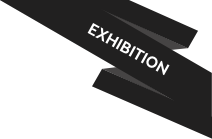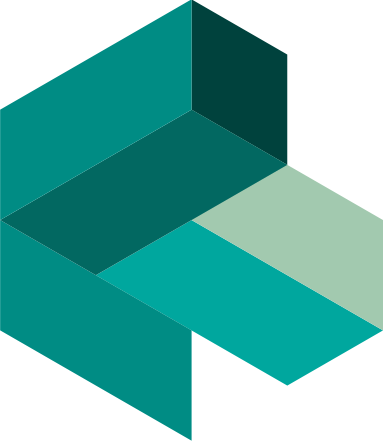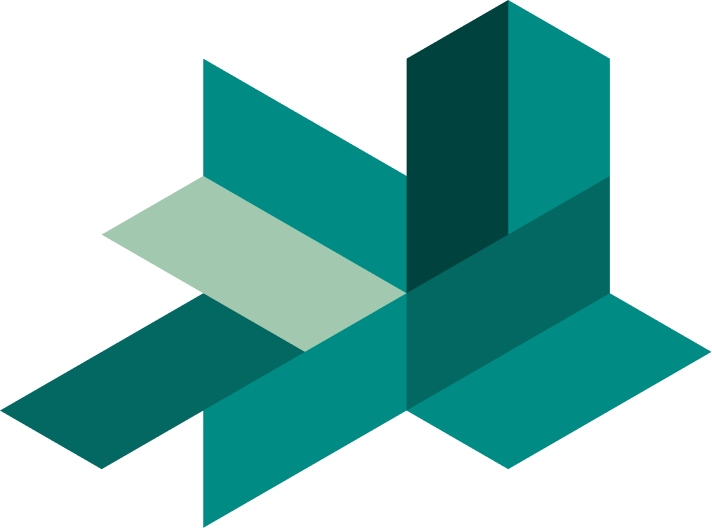Details
The Shake is an ambitious art project by Khaled Barakeh, a Syrian multidisciplinary conceptual artist, activist, and cultural director based in Berlin.
The project takes its stepping-off point from Maurice Harron's iconic public sculpture, Hands Across the Divide. Erected in 1992, the sculpture is located in the doubly named City of Derry-Londonderry, marked by its complex identities in Northern Ireland. It symbolises "the letting go of the past and reconciliation between both sides of the political divide during The Troubles."
Barakeh reimagines this historical piece, focusing on the hands of the monument's two figures and precisely the gap between them: cast in bronze, frozen in an unfinished reconciliation, almost meeting but never genuinely joining. This gap, filled with traumas and emotional memories, historical and political differences, resonated deeply with Khaled, who is from a country recently torn apart by sectarianism and deep-seated conflicts. He is drawn to exploring the potential within this void as an opportunity for new thinking that could bridge societal divides. By considering it as a connector rather than a divider, the gap metaphorically opens a space for this to negotiate the essence of it, encouraging viewers to contemplate what can be done differently.
The project explores the relationship between public and interior spaces, examining the role of public art as permanent fixtures and immutable historical markers, especially in places marked by contested histories. These sculptures stand as timeless sentinels for specific narratives and memories within an ever-evolving socio-political landscape, prompting reflection on the aspects of history that should be remembered or consigned to oblivion to be able to move forward.
A socially engaged segment of The Shake will unfold during the exhibition period. It will involve collaboration with a coalition of local organisations and stakeholders. This partnership aims to broaden efforts toward equitable civic participation and create more inclusive societies, particularly for communities that have been marginalised or disenfranchised due to race, ethnicity, gender, or other affiliations. Together, through utopian thinking, they will foster a series of events, artistic interventions, and workshops. These activities are designed to bring new political imaginaries to life that challenge stagnant realities.
This exhibition has been supported by a grant from the Henry Moore Foundation.

This project is funded by Cultural Bridge, which celebrates bilateral artistic partnerships between the UK and Germany through the collaboration between Arts Council England, the Arts Council of Northern Ireland, British Council, Creative Scotland, Fonds Soziokultur, Goethe-Institut London and Wales Arts International / Arts Council of Wales. Cultural-bridge.info

About the Artist
About the Artist
Khaled Barakeh
Khaled Barakeh is a Syrian multidisciplinary artist, activist, and creative facilitator based in Berlin.
Trained as a painter at the Fine Arts Faculty in Damascus (2005), Barakeh shifted his focus to conceptual art with his two Master’s degrees at Funen Art Academy in Odense (2010) and Städelschule Art Academy in Frankfurt (2013).
Barakeh’s art transcends traditional craftsmanship, making creative thinking processes his primary tool. His artistic production is not bound by the limitations of materiality, allowing each project to serve as a playground for experimentation. Consequently, each work takes on a different form and format, existing in a dynamic conversation between the real and the fictional, the narrative and the conceptual, and the individual and the collective.
In a strategic move, Barakeh established his Berlin-based Studio, Khaled Barakeh, in 2017. The studio’s activities are guided by what Barakeh describes as “The Practice of Necessity,” an ethos which dictates responses to the urgencies of an ever-changing political and social landscape.
These responses should enact change by operating with the exact mechanisms of the political infrastructure itself. It is a practice driven by the need to address social injustice and give voice to the marginalised rather than one solely dedicated to expression within conventional art venues.
Barakeh’s work challenges traditional views on issues such as human rights violations and structural inequities. His internationally-touring 2020 ‘MUTE’ installation is a prime example, offering a critical intervention on traditional representations of violence. This and other works have been widely exhibited in museums, Biennales, and other prestigious venues, earning him a shortlist position for the 2023 Exile Visual Arts Award.
His works are collected worldwide by museums, public art installations and private collections. In addition to his art, Barakeh collaborates with global organisations like Amnesty International, the European Centre for Constitutional and Human Rights, Impunity Watch, and the Danish Refugee Council. His projects delve into subjects ranging from media portrayals of conflict victims to the complexities of political identities and identity politics. Far from being a mere mirror of reality, his art aims to transform it.
Since 2018, Barakeh extending his activism into education by facilitating workshops at the Berlin Career College at the Universität der Künste Berlin. Aimed at exiled artists, these workshops provide professional practice skills.
With an eye on broader social impact, Barakeh founded coculture in 2017 as a “social sculpture”. This non-profit organisation stands at the intersection of art, activism, and community building. It aims to empower underrepresented artists, particularly from the global south and with a focus on Syrian talent. Coculture houses several initiatives, including The Index, a mapping and networking platform for Syrian artists, and the Syrian Biennale, a mobile curatorial project that showcases Syrian artists alongside their local and international peers.
Many projects lie ahead, and Barakeh continues to push the boundaries of social and political activism through art. Currently, he is collaborating with a leading cultural organisation and several community groups in Northern Ireland to imagine a new utopian political party. This initiative is an extension of his 2013 art project, The Shake, which aims to dissipate the enduring polarization between Catholics and Protestants in the region, seeking to bridge deep-rooted divisions and bring about lasting change.




